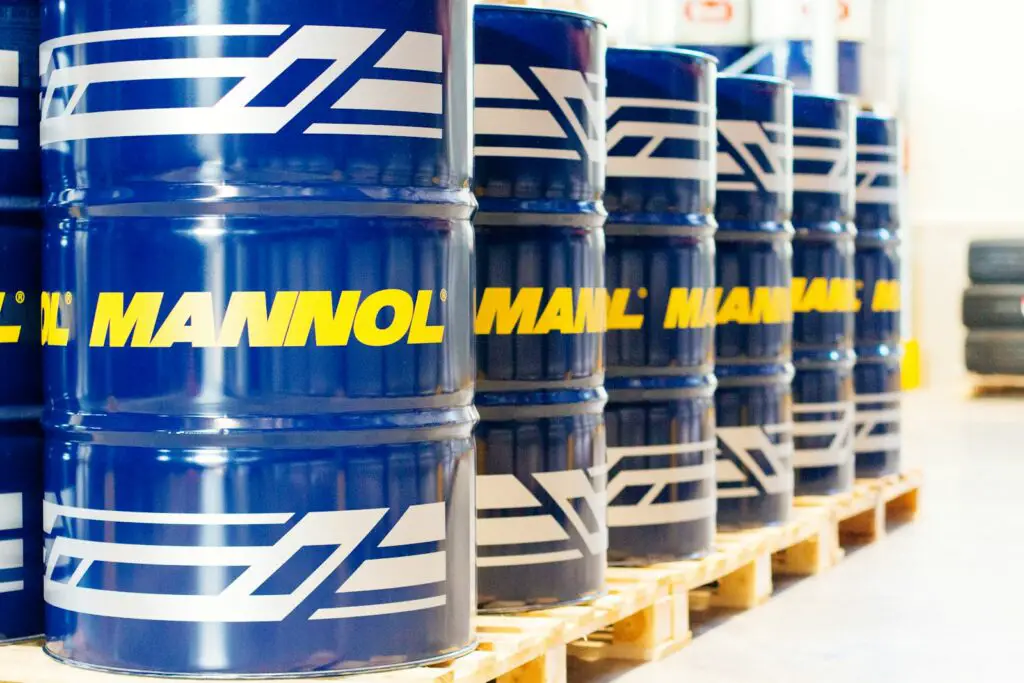In recent years, Canadians have observed fluctuations in gas prices at the pump, often wondering about the connection to the global oil market. A common question arises: How closely are oil barrel prices related to the cost of gas at the pump? Let’s delve into this topic to shed some light on the matter.
The Correlation Between Oil Prices and Gas Prices

The price of crude oil is a significant factor influencing gasoline prices. Generally, as the cost of a barrel of oil increases, gas prices follow suit. However, this relationship is not always direct or immediate. Several factors can affect this correlation:
- Refining Costs: The process of converting crude oil into gasoline incurs costs, which can vary based on the type of oil and the complexity of the refinery process.
- Taxes: In Canada, both federal and provincial taxes contribute to the final price of gasoline at the pump. These taxes can significantly impact the total cost, regardless of crude oil prices.
- Distribution and Marketing: The costs associated with transporting and selling gasoline also play a role in determining pump prices.
- Retail Competition: Local competition among gas stations can lead to price variations within the same region.
- Currency Exchange Rates: As oil is globally traded in US dollars, fluctuations in the exchange rate between the Canadian dollar and the US dollar can impact gas prices in Canada.
Historical Perspectives and Recent Trends
Let’s look at some historical data to illustrate the relationship between oil and gas prices:
- Around five years ago, when oil was approximately $125 a barrel, gas prices reached $1.28 per liter. Today, with oil under $100 a barrel, gas prices are in the range of $1.50 per liter.
- In 2008, a barrel of oil reached $147.02, and a liter of gas in Montreal was priced at $1.188. Fast forward to a more recent period when a barrel of oil was around $120, and gas was priced at $2.23 per liter.
These examples highlight that while there is a correlation between oil prices and gas prices, it is not a one-to-one relationship. Factors such as refining costs, market dynamics, and more importantly taxes can lead to discrepancies in the expected pricing patterns.
Are Oil Companies and Governments to Blame?

Many Canadians express genuine concerns that oil companies and governments may be capitalizing on these price discrepancies. While it is true that taxes form a significant portion of gas prices, and oil companies do aim for profitability, the pricing dynamics are complex and influenced by various global and local factors.
In summary, while crude oil prices significantly impact gas prices at the pump, they are not the sole determinant. Canadians should consider the multifaceted nature of gas pricing, including refining costs, taxes, distribution expenses, and market competition. Understanding these factors can provide a clearer picture of why gas prices fluctuate and how they relate to the global oil market.
As consumers, staying informed and advocating for transparent pricing practices can help ensure a fair and competitive market for gasoline in Canada.
